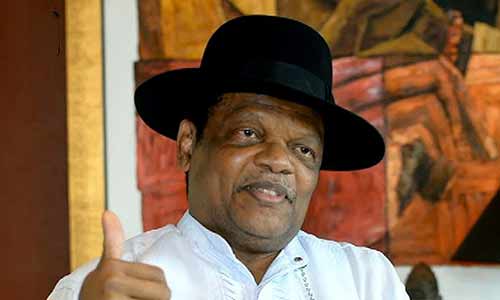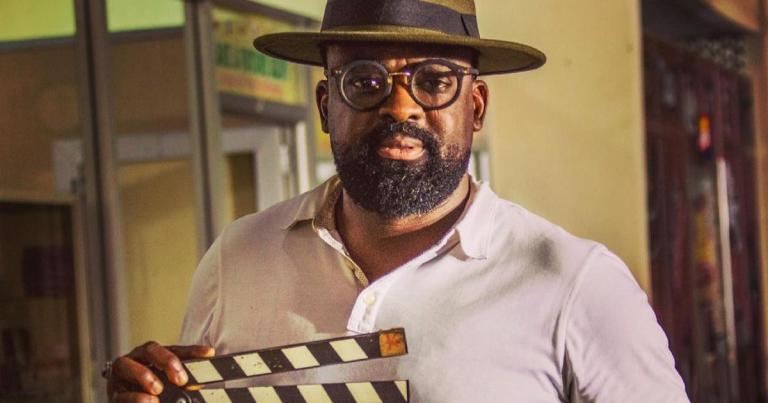Founder, Stanbic IBTC Bank and President of the ANAP Foundation, Atedo Peterside has delivered a sober assessment of Nigeria’s direction, issuing a passionate call for security reform, economic empathy, electoral integrity, and accountable leadership.
In a wide-ranging reflection on national affairs, he examined the country’s worsening insecurity, fragile economy, rising inequality, and the urgent need to rebuild public trust in democratic institutions, from INEC to the judiciary. He also spoke about the shrinking space for free speech and the “japa” wave draining the nation’s talent.
On insecurity, Peterside challenged the federal government’s claims of improvement, asking a question he believes cuts through all official speeches and statistics. “How many parts of this country can you travel by road without armed escorts” He recounted a recent road trip from Oro to Ondo, a journey he made despite multiple warnings, and wondered whether such fear existed ten years ago. According to him, the number of safe routes is shrinking rather than growing, and this reality reflects a nation where mobility and freedom are increasingly under threat.
He criticized a system where billions are spent on security but the ordinary Nigerian remains unprotected. Thousands of police officers, he noted, are assigned to guard a tiny class that he estimates at the top 500,000 individuals, instead of protecting 220 million citizens. The problem, he argued, is not the size of the security budget, but who benefits from it. For Peterside, a country where VIP convoys are safe while children, farmers, travelers, and entrepreneurs are vulnerable cannot claim progress.
He reaffirmed his strong support for multi-level policing and insisted that federal, state, and community policing must coexist. Nigeria, he said, cannot successfully police a nation this vast from Abuja. He narrated an incident in which a criminal escaped through a riverine route because federal police officers could not swim. Local officers with local knowledge, he argued, would have handled the situation easily. While he acknowledged concerns that governors might abuse state police, he believes federal oversight and clear legal frameworks can prevent misuse. The greater danger, he insisted, is continuing with a centralized structure that has already failed.
Peterside also dismissed the idea that simply changing service chiefs would fix the nation’s security crisis. Nigeria has changed military heads repeatedly, he noted, without meaningful improvement. In his words, “If the system is broken, changing the man at the top changes nothing.”
Turning to the economy, he commended certain early reforms such as petrol deregulation and the willing buyer willing seller foreign exchange policy, but he said they were implemented without compassion. He argued that poverty has deepened because the government failed to introduce measures to cushion the impact on citizens. With a credible national identity database, he said, Nigeria could have provided transparent monthly cash transfers of between ten thousand and fifteen thousand naira to the poorest households, instead of vague palliative programs that many Nigerians say they never benefited from.
He condemned what he described as the insensitive optics of a government that asks citizens to endure hardship while officials spend freely on luxury SUVs, bloated delegations, and frequent foreign trips. Economic reforms, he said, will only produce gain after pain if leaders demonstrate sacrifice and empathy, cut waste, invest in infrastructure, and inspire investor confidence. If not, Nigeria risks building an economy that looks successful on paper but fails its people in reality.
Peterside warned that democracy is also at risk when the judiciary is distrusted, when electoral processes lack transparency, and when citizens feel their voices do not matter. He linked this crisis of confidence directly to the escalating japa wave. People do not flee their country, he said, because they lack patriotism. They leave when they lose hope that the system works for them.
He believes Nigeria’s survival now depends on four urgent commitments: security that protects all citizens, real electoral reform and accountability in INEC, policing that is rooted in local knowledge but guided by federal safeguards, and economic restructuring that prioritizes fairness and transparency. A nation where citizens live in fear, where votes do not count, and where growth excludes the majority, he warned, cannot sustain itself.
Nigeria, Peterside said, must make a choice. The country can continue on a path where the powerful are protected and the powerless are told to be patient, or it can build a nation where security, justice, and prosperity are shared. The window for that choice, he suggested, is closing.










